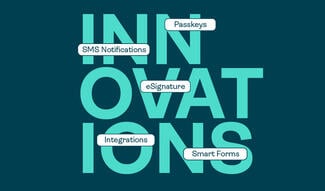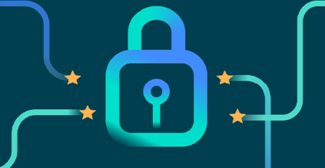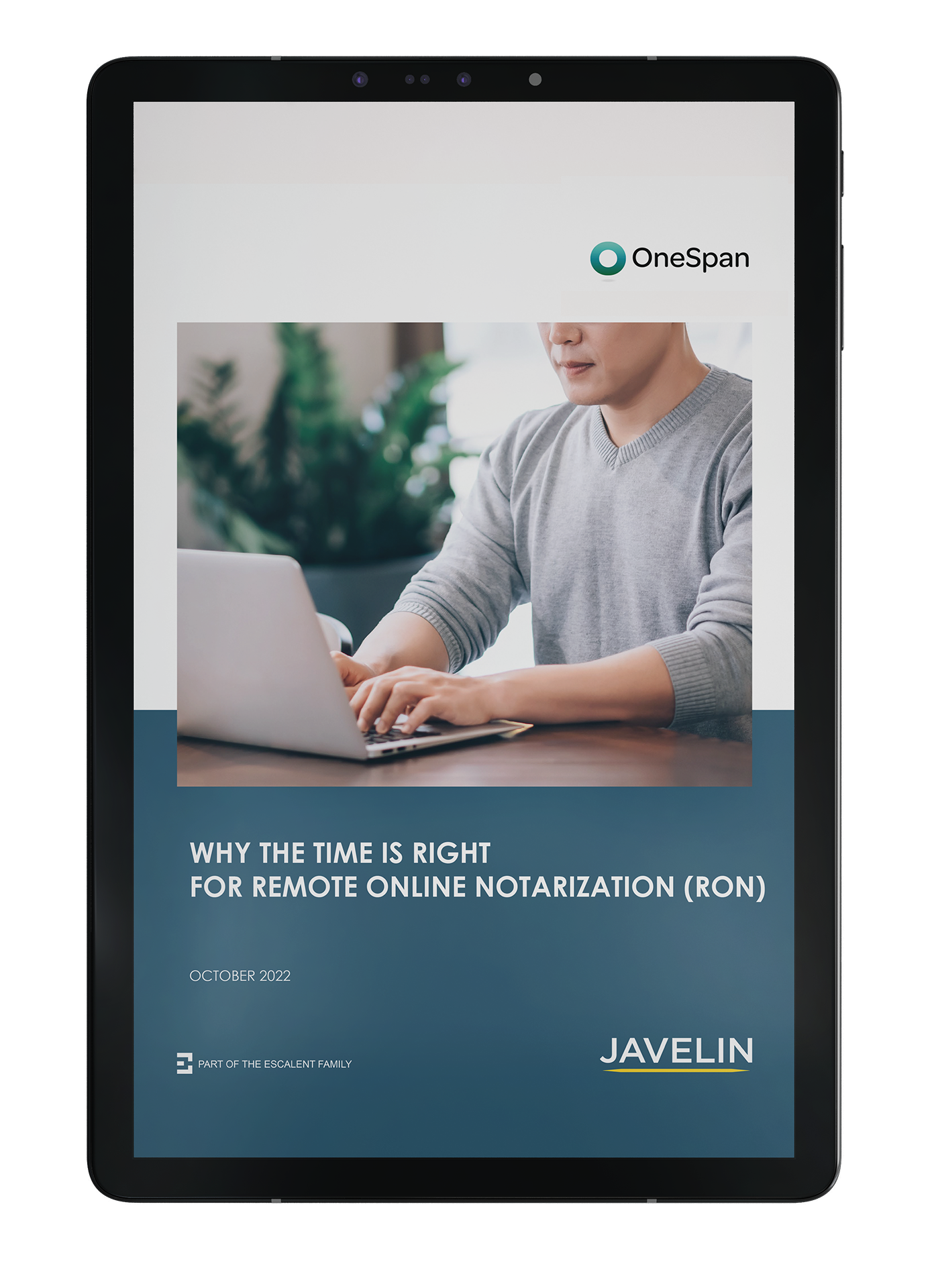Top requirements when evaluating remote online notarization (RON) solutions

Recently, notarization in the United States underwent a digital transformation that radically changed the way notaries can notarize agreements with signers. Today, Remote Online Notarization (RON) is expanding fast across the United States, with more than 40 states that have already passed legislation for RON.
As today’s consumers feel more comfortable conducting business remotely, they have a heightened demand for a secure and trusted alternative to traditional in-person notarizations. This presents a unique opportunity for organizations to digitize notarizations to meet the rising customer expectations for the convenience of notarizing remotely.
However, not all RON technology solutions possess the same capabilities or deliver the same value. If your organization is currently evaluating remote online notarization, it’s important to select the right solution that meets your organization’s needs. Here are the top five requirements and FAQs to consider when selecting the best RON solution.
Does the solution include all the required features to support RON?
To ensure a notarized document is legally binding and valid, technology vendors of online notary solutions need to meet RON compliance requirements in the United States. RON regulations across the United States require strong electronic evidence that captures the end-to-end notarization process. That requirement cannot be satisfied by building an in-house notary service solution patched together from different components of RON. Be sure to evaluate technology vendors and select an integrated solution that includes all of the required features to support RON transactions:
- Secure videoconferencing technology: State laws require the notary and signer to meet in a secure videoconferencing session when completing a remote online notarization. The notary can review and answer the signer’s questions in real time using audio-video communication technology, such as a webcam and video recording of remotely located individuals.
- Electronic signature: The RON solution should include built-in electronic signatures. Capturing legally binding electronic signatures on an electronic document in the remote online notary session is an important step to complete the notarization.
- Identity proofing options: Notaries are required to verify the signer’s identity before accessing the online notary session. Look for a solution that includes ID Verification capabilities that validate the signer’s identity with their government-issued ID as well as Dynamic Knowledge-based Authentication (KBA). The KBA presents questions to the signer compiled from public records and marketing data that can only be answered using the signer’s personal knowledge.
- Notarization capabilities: State requirements mandate that solutions include capabilities for notaries to apply their electronic notary seal as well as capture important information of the online notarization in an electronic journal.
- Audiovisual recording: All states require an audiovisual recording that captures the online notary public and signer interacting throughout remote online notary session. Look for a solution that can record the entire online notary session.
- Strong electronic evidence: To establish enforceability and authenticity for every online notarized agreement, it’s important to look for a solution that produces an audiovisual recording and comprehensive audit trail capturing detailed events during the notarial session in an electronic record.
Is the RON solution secure?
While the convenience of a live, remote online notary session is an attractive opportunity, it is critical for the solution to provide security and trust at every step of the RON workflow – protecting notaries, signers, and the underlying agreements of the session. Look for a solution that includes:
- Digital signatures applied after each e-signature on the document: RON solutions are required to produce tamper-evident signed documents after the online notarization is completed.
- Built-in security controls: Co-browsing capabilities block participants from signing on behalf of each other, providing a secure e-signing and notarizing experience for all parties involved.
- Identity proofing options: As mentioned earlier, identity proofing options like ID Verification and Knowledge-based Authentication (KBA) are a requirement in RON solutions for some states for the notary to validate a signer’s identity before accessing the online notarial session and without being in the signer’s physical presence. Leveraging these identity proofing options mitigate the risk of fraud by helping notaries positively identify the signers.
Is the RON solution easy to use?
Optimal user experience is key to empower users to adopt and use new technology at any organization. The RON solution you choose should be quick and intuitive to use, simplifying the remote online notarization process for all users. However, some solutions in the market offer a confusing and fragmented user experience, resulting in slow turnaround time of online notarizations as well as the risk of low adoption of the technology.
Ask the vendor these questions to carefully consider the user experience when evaluating RON solutions:
Is it easy for administrators to use?
- Can administrators onboard notaries easily from a single location in the solution? Or do they need to toggle between different screens and accounts to add notaries?
- Do admins need to chase notaries to update their expired notary commissions or can the notaries update this information themselves?
- Are built-in safeguards in place to authorize verified notaries access to the solution or do admins need to monitor this activity?
Is it easy for notaries?
- Can the notary easily update their profile and notary journal in a self-service tool? Is the self-service tool intuitive to use?
- Can the notary easily launch, schedule, and complete online notarizations in a streamlined way? Is there friction added to the process because the notary needs to toggle between different screens, apps, and emails to complete online notarizations?
Is it easy for signers?
- Does the solution include value-added features with the audio-video technology, like co-browsing, that effectively guides signers through every step of the remote online notarization?
Does the RON solution elevate the customer experience?
Modernizing notarizations with RON allows your customers to conveniently participate in an online notary session from anywhere. Consumers are more comfortable conducting business remotely and have heightened expectations about which parts of their financial lives they should be able to handle digitally.
According to Javelin Strategy and Research, about half of consumers indicate they would be comfortable closing their next mortgage loan using RON. Of those, 66% cite the convenience of an all-digital transaction, and 43% cite the benefit of a faster loan closing appointment. Adding a RON solution to your digital toolkit helps you provide a new channel to serve your existing customers’ need for remote online notarization as well as a strategic way to acquire new customers.
To elevate and provide a memorable customer experience when conducting an online notarial session, ask the vendor:
- Does your solution include white-labeling capabilities? Some solutions offer custom-branding options like adding your company logo or customizing brand colors to a webpage. White-labeling on the other hand gives you the power to fully customize the online notarization experience end-to-end – from the email invites sent to signers, to the content of the email notifications, and all screens presented to the signers during the online notarization session.
Be aware that vendors who do not offer white-labeling are prime targets for email phishing attacks; these can put your organization and signers at risk with potential malware downloads and hackers exploiting customers’ identity and personal information.
Does the RON vendor offer support for successful onboarding with their solution?
When introducing a new technology like RON to your organization, it’s important to work with a vendor that will provide the support you need to implement and help your team feel comfortable using the technology. Find a vendor that will support you through every step of the onboarding process to help your organization ramp up remote online notarizations.
Partner with a vendor that will provide the following resources to support your onboarding needs:
- Training materials: These include tutorial videos and detailed documentation demonstrating how to use the remote online notarization solution. Robust and thorough training resources can help users acclimate to the solution quickly.
- Reliable and responsive customer support: Many vendors will promise exceptional customer support, but it is essential that the provider delivers on that promise. Issues will arise, so it is crucial to partner with a provider that will dedicate the support resources you need to address emergent issues. Working with a vendor with poor customer support ultimately impacts your signers’ customer experience as technical issues trickle down to the individual RON sessions. Choose a vendor that is committed to your success and provides post-sales support for your organization.
The OneSpan Notary Advantage
OneSpan Notary transforms how your in-house notaries and customers remotely notarize agreements. Notaries can connect with signers in a secure videoconferencing session, verify the identity of signers using two-factor authentication, collect electronic signatures, and notarize agreements, all in a secure and trusted environment.
OneSpan Notary offers these advantages:
Integrated solution with all the features required to conduct RON: To meet RON compliance requirements in the United States, OneSpan Notary delivers live electronic signature, secure videoconferencing, identity proofing and credential analysis options, rich collaboration features, and the ability to upload the eNotary Seal, eJournaling, recording, and audit trail capabilities in a single solution.
Secure experience: OneSpan Notary mitigates the risk of fraud to help protect notaries, signers, and underlying agreements in the remote online notarization session. Our solution includes strong identity proofing options, access to a secure videoconferencing session to complete online notarizations with signers in real-time, the ability to produce a tamper-evident document after each online notarization, as well as built-in security controls with co-browsing to prevent participants from signing on behalf of each other. Finally, we provide bank-grade security to protect every notarized agreement and underlying data in transit and at rest, whether it is a real estate agreement, power of attorney, loan signing, affidavit, legal document, or other document requiring a notary stamp.
Ease of use: OneSpan Notary provides an easy experience for all users — empowering admins, notaries, and signers to quickly ramp up and increase adoption of remote online notarization. We built our solution by working closely with notaries to provide an easy-to-follow and streamlined experience when connecting with signers in a remote electronic notarization setting.
Superior customer experience: Fully white-label the end-to-end remote online notarization experience, so your organization’s brand is front and center of every online notarial session. White-labeling provides a memorable customer experience while maintaining a trusted RON experience with your signers.
Best-in-class support: The support team at OneSpan will help you lead the digital transformation charge and get you to ROI faster with remote online notarization. OneSpan is a partner of choice with a dedicated team of solution consultants, reliable technical support, and product experts with deep domain expertise that are committed to your success with our solution. We offer training resources, so users can get onboarded quickly with OneSpan Notary.
If your organization is evaluating RON solutions and providers, be sure to review the regulations governing RON in the areas you operate. RON laws are passed at the state level, so specific regulations and legal requirements will vary. Not all states permit the use of RON by a commissioned notary public and still require a traditional notary to stamp a paper document as part of a traditional notarization process. Consult your legal counsel for advice on this matter.
Contact us to learn how we can help support online notary services at your organization with our notary platform. Existing OneSpan customers can contact their OneSpan Account Manager or Customer Success Manager to start using OneSpan Notary today.










